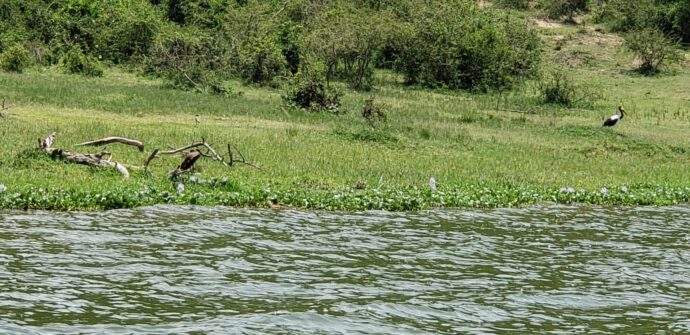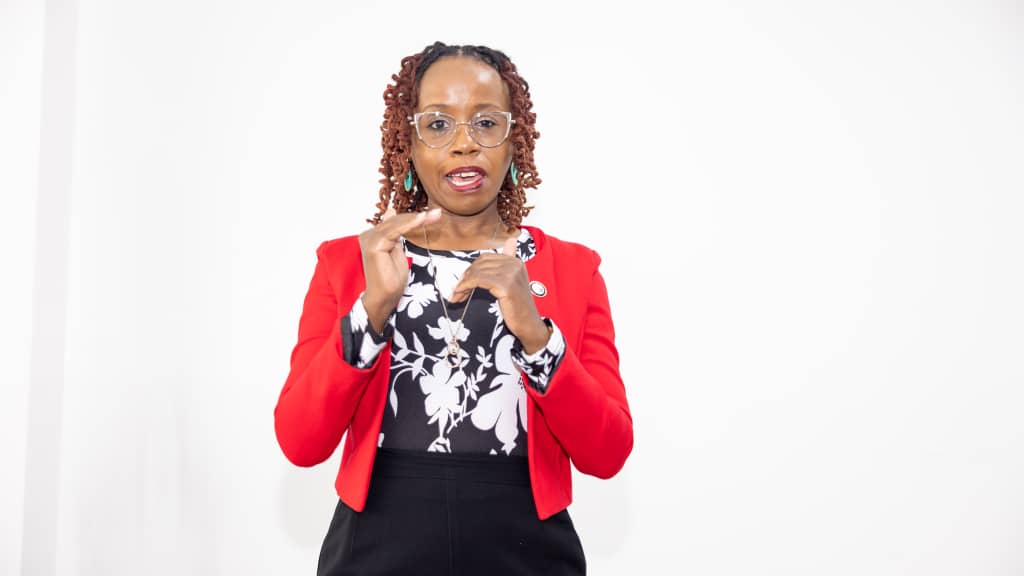
FIGHT AGAINST CLIMATE-SENSITIVE DISEASES
With the various changes witnessed in this century, every country has experienced not only shifts in seasonal patterns but also in human lifestyles. These changes are largely driven by climate change, which has impacted the entire world, affecting not just human health but also the social and economic fabric of many nations.
Speaking during a Zoom meeting hosted by Media for Environment, Science, Health and Agriculture (MESHA) and the Health Journalists Network Uganda (HEJNU), HEJNU President Esther Nakazzi emphasized in her opening remarks that the impact of climate change in the East African region requires consolidated reporting from respective countries. This, she said, would enable journalists to highlight the true scale and realities of climate change.
Nakazzi further noted that with the manpower from science journalists in Uganda, Zambia, Kenya, Tanzania, Zimbabwe, and Malawi, there is potential to create significant change by informing humans, economies, and governments to adopt effective measures for mitigating the effects of climate change.
Dominic Nyasulu, the National Coordinator of the National Youth Network on Climate Change in Malawi, pointed out that climate change is likely to worsen social and economic inequalities, particularly affecting women, children, and other vulnerable groups.
He noted that Malawi was severely hit by Cyclone Freddy, causing losses in the country’s health and nutrition sectors worth approximately USD 42.09 million.
“There were 16 local authorities affected at that time, and they are still grappling with the effects,” Nyasulu emphasized.
He explained that these losses resulted from disrupted health services, increased access costs, and the expenses incurred in clearing debris from health facilities. Nyasulu called for concerted efforts beyond public health interventions, framing climate change as a design, governance, and equity challenge that demands urgent coordinated action.
He added that once Malawi strengthens policy linkages through its Health Sector Strategic Plan and aligns with the United Nations Framework Convention on Climate Change, other countries could emulate such steps towards climate resilience.
During the science webinar, Nyasulu revealed that in 2020, Malawi was ranked 163 out of 182 countries in terms of climate change vulnerability. He stressed that Uganda, which is also facing severe climate change effects, remains equally vulnerable.
Statistics shared by Nyasulu indicate that in 2015, for every 1.1 billion people affected by climate change, an estimated USD 1.7 billion was required for recovery, underscoring the need for environmental responsibility and proactive measures.
Manjiru Machana from Kenya, who attended the cross-border science café, shared that in Kenya they have introduced sponge cities designed ostensibly for drainage improvement and tree growth, but their effectiveness remains limited.
Another example shared was from China, where mist areas have been created to cool urban environments, and in Dubai, large fans are installed along roadsides to reduce extreme heat conditions associated with various diseases.
Daniel Aghan, from MESHA and the host of the webinar, reaffirmed their commitment to working with editors, journalists, scientists, and governments to tackle climate change impacts using the media as a powerful tool to reduce its effects on human life.
He added that MESHA will continue to convene with other countries to explore solutions to the growing challenges of climate change, particularly its impact on health and gender, as preparations are underway for the UN COP30 in Brazil later this year.
By Chipo Brenda




